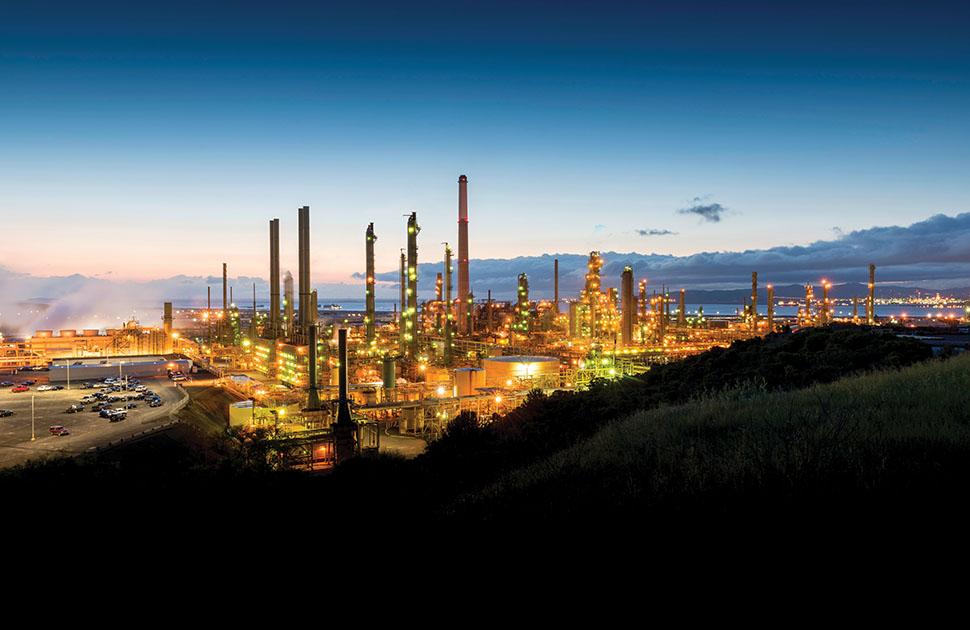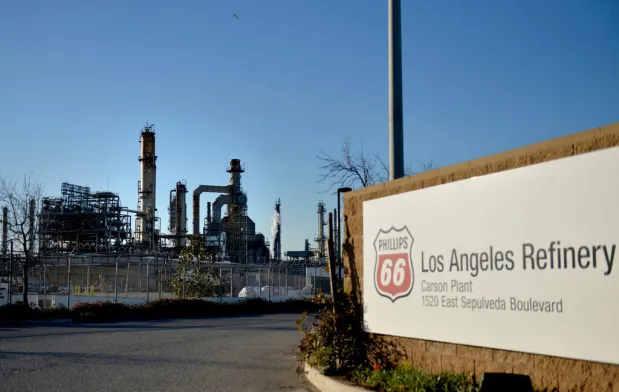
Welcome to ppPLUS!
Your exclusive gateway to integrated data in the Energy and Petrochemical industry — without barriers
From refining and renewables to chemicals, we bring together market insights, operational metrics, and regulatory data in one seamless platform.
All we ask is a quick register and login to unlock full access and start making smarter decisions.










